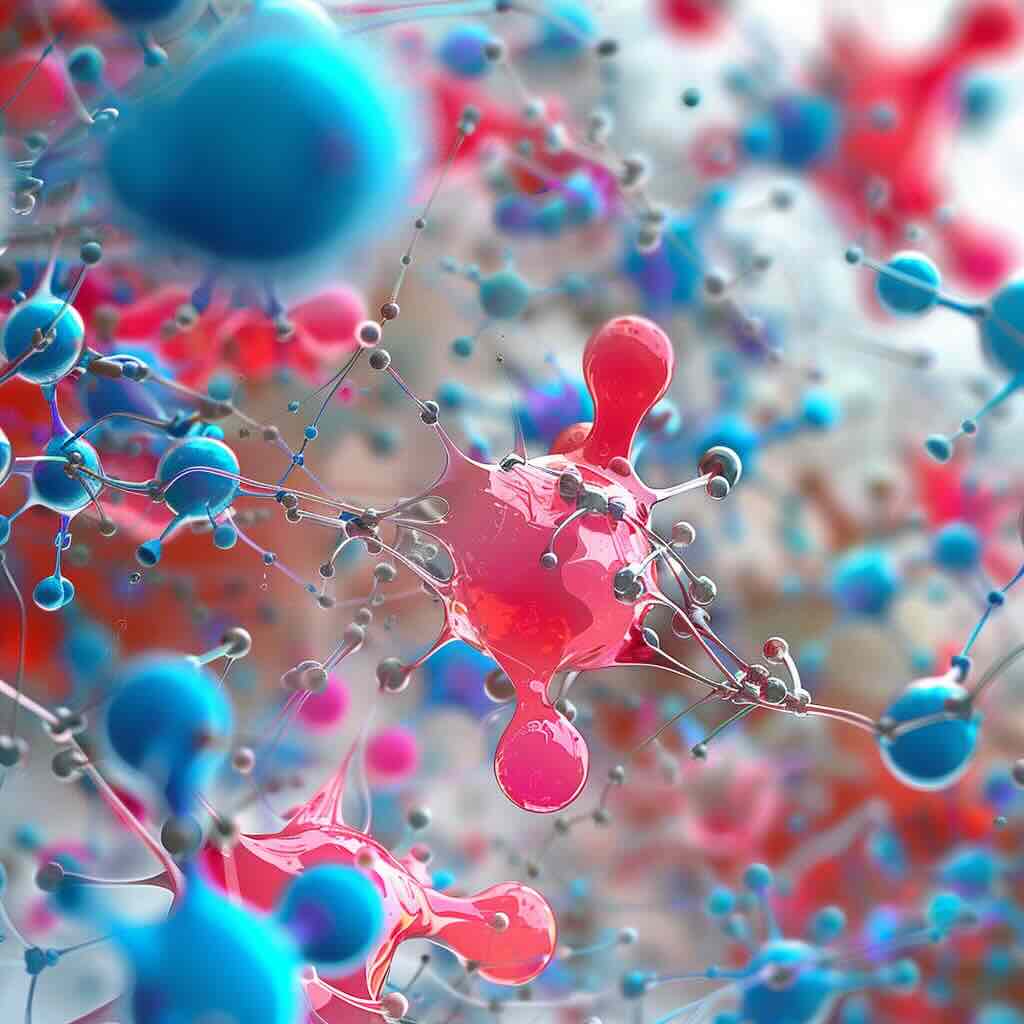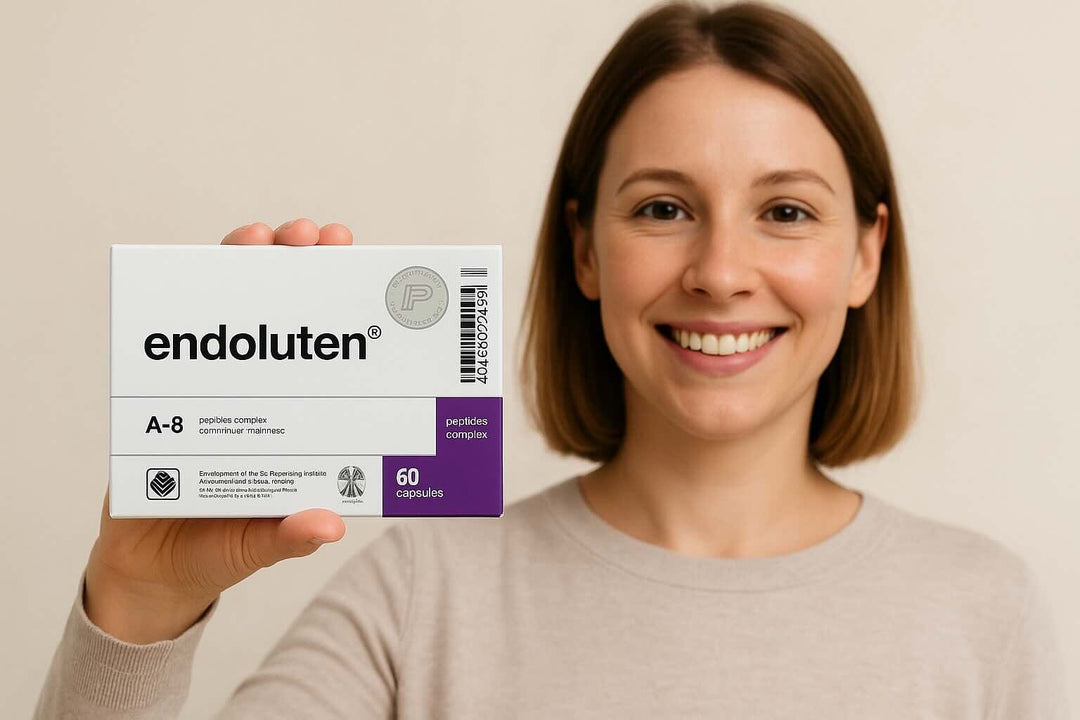In the world of health optimization and longevity, a quiet revolution is underway—one that goes beyond vitamins, minerals, and herbal remedies. Enter peptide bioregulators—a unique class of natural compounds that work on a cellular level to restore function, support tissue regeneration, and help optimize health
But how do they compare to traditional supplements? Why all the buzz about tissue repair benefits?
In this article, we’ll explore the science, mechanisms, and outcomes of peptide bioregulators and how they very from conventional supplements.
What Are Peptide Bioregulators?
Peptide bioregulators have created a buzz due to their ability to initiate protein synthesis. A fancy word to say it helps with metabolic process of tissue regeneration. Peptide bioregulators are short chains of amino acids—natural fragments of proteins—that act as signaling molecules. This helps give the body the nutrients it needs to repair damaged tissue.

These peptides were first developed by Dr. Khavinson in the 1970's for military and astronaut use. These traditional peptides are organ-specific and help cells “remember” how to function like they did in their younger, healthier state. Peptide bioregulators can be used to support specific health goals, such as improving immune function or reducing joint pain, by targeting specific receptors and pathways. This is more natural and less invasive.
They don’t “override” the body. Instead, they normalize gene expression in target tissues—essentially reminding your organs how to regenerate and repair.
✅ Clinically studied
✅ Non-hormonal
✅ Tissue-specific
✅ No known side effects
An important note is the human body already has these peptide bioregulators in the body. Just the level of reserves decrease with aging and oxidative stress. This slows the body's ability to repair itself and leaves it susceptible to age related diseases.

Traditional Supplements: A Quick Overview
Most traditional supplements—like multivitamins, herbs, and adaptogens—are generalized tools meant to support overall health or specific biochemical pathways. They have many therapeutic applications and anti inflammatory effects.
They typically work by:
-
Replacing nutrient deficiencies (e.g., vitamin D, magnesium)
-
Modulating systems (e.g., immune system with echinacea)
-
Providing antioxidants (e.g., vitamin C, resveratrol)
While used effectively, they are able to help the body get levels of they often lack tissue-specific precision and usually don’t restore cellular function or gene regulation.

Key Differences Between Peptide Bioregulators and Traditional Supplements
|
Feature |
Peptide Bioregulators |
Traditional Supplements |
|---|---|---|
|
Mechanism of Action |
Regulate gene expression at the cellular level |
Influence biochemical processes |
|
Specificity |
Organ- and tissue-specific (e.g., pineal gland, brain, liver) |
Broad/systemic |
|
Origin |
Natural peptides extracted from healthy organs (non-GMO) |
Vitamins, minerals, plant extracts |
|
Use Case |
Anti-aging, cell repair |
Nutrient replacement, general wellness |
|
Duration of Use |
Short cycles (10–30 days) with long-lasting effects |
Often taken daily and indefinitely |
|
Scientific Validation |
Over 40 years of research (esp. Russian clinical data) |
Varies greatly; some have strong support, others not |
|
Safety Profile |
No known side effects, non-toxic |
Generally well tolerated, but can interact with meds |
|
|
|
|
Why Bioregulators Are Gaining Popularity Among Biohackers & Longevity Experts
As personalized medicine and longevity science evolve, biohackers and functional medicine doctors are shifting toward tools that improve the body’s intelligence, not just its inputs. This is leading the industry towards focusing on cellular health and mastering the natural compounds the body produces.
This is where peptides continue to gain traction. The appeal of these short term amino acids is the ability to initiate protein synthesis, a key part of cellular repair and anti aging. These short amino acid chains allow for target support (IE support the retina with Visoluten). These peptides work at modulating gene expression through signaling pathways.
Cell receptors seem to respond better to fewer compounds. This allows for deeper restoration vs. symptom suppression.
Their ability to reactivate cellular programming is especially attractive to those seeking to reverse aging, improve organ resilience, or enhance recovery from chronic conditions. This is why peptide bioregulators are popping up in many of the anti aging treatments.
Real-World Examples of Peptide Bioregulators
-
Endoluten – Supports the pineal gland and melatonin production
-
Ventfort – Supports blood vessel health and microcirculation
-
Cerluten – Promotes brain function and neuroprotection
-
Svetinorm – Regenerates liver cells and improves detox pathways
Each peptide is used in short, targeted cycles (usually 10-30 days), unlike traditional supplements that require daily intake for months or years.
Are Peptide Bioregulators Better Than Traditional Supplements?
It’s not a matter of “better”—but of purpose. Each have their place, but short chain peptide bioregulators work with different mechanisms. Peptide bioregulators have also shown more anti aging effects and anti inflammatory properties vs. traditional supplements.
|
Goal |
Best Approach |
|---|---|
|
Filling nutrient gaps |
Traditional vitamins/minerals |
|
Managing mild symptoms |
Herbal adaptogens, basic supplements |
|
Regenerating specific organs |
Peptide bioregulators |
|
Supporting longevity & DNA repair |
Peptide bioregulators + targeted nutrition |
In reality, the best strategy is often a combination—pairing foundational nutrition with advanced peptide tools to heal faster and feel better. This helps minimize risks of everyday life and keep gut health and collagen production healthy.
Conclusion: Cellular Repair Is A Key Topic Going Forward
Chronic inflammation and oxidative stress are at all time highs. Science has started moving towards disease prevention and ways to maintain high levels of cognitive function.
Traditional supplements often provide general health benefits. Peptide bioregulators represent the next evolution in supplementation. Rather than just adding fuel, they upgrade the engine—your organs, tissues, and genes. These targeted benefits have created a large appeal.
With over 40 years of research and use in clinical settings across Europe and Russia, they offer a proven, non-invasive method to help restore organ-specific function and slow biological aging. This trend is starting to move to the US.
🔗 Related Articles:
Featured Products:

Frequently Asked Questions
What are the types of peptide bioregulators?
There are various types of peptide bioregulators, each with specific functions and benefits. Peptides will support a specific body function: such as supporting immune system function or promoting tissue regeneration.
What Are Synthetic Peptides?
Synthetic peptides can be designed to mimic the effects of natural peptide bioregulators and can be used to support specific health goals. They are used in a similar fashion like support for the thymus gland, pineal gland, or gastrointestinal tract.
They have the same core uses to reduce inflammation, promote healing, and improve overall health by supporting the body’s natural repair processes.






